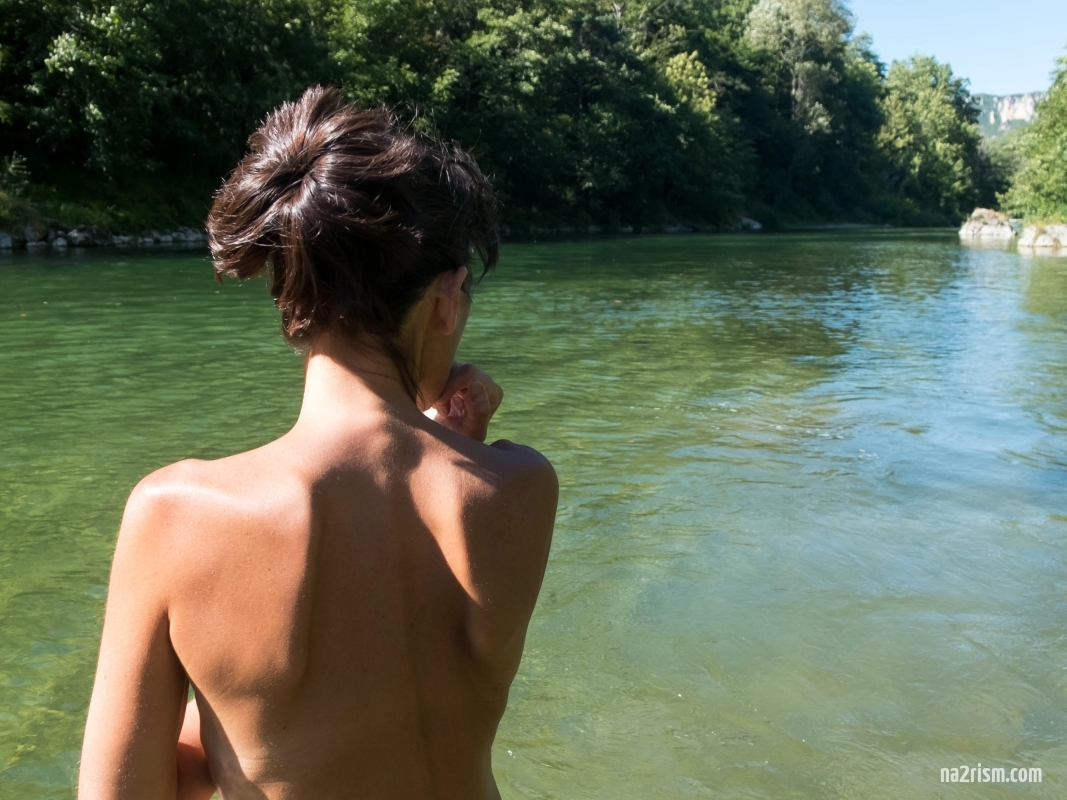Swimming naked in a river can be a fun and exhilarating activity, but it is important to consider the potential risks associated with it. One of the main risks is the potential exposure to pathogenic bacteria and parasites, which can cause illness or infection.
Pathogenic bacteria can be found in many natural bodies of water, including rivers. These bacteria can cause a variety of illnesses, including diarrhea, skin infections, and respiratory infections. Parasites can also be found in natural bodies of water and can cause infections such as swimmer’s itch, which can cause itching and rash.
One of the main ways that pathogenic bacteria and parasites can enter the body is through the mouth. Swimming naked in a river increases the risk of accidentally ingesting contaminated water, which can lead to illness or infection. Similarly, parasites can burrow into the skin, especially if there are cuts or abrasions, leading to infection.
Another risk associated with swimming naked in a river is the potential for exposure to fecal matter. In some areas, human or animal waste can make its way into natural bodies of water, and swimming naked increases the risk of coming into contact with this waste.
There are several ways to minimize the risk of exposure to pathogenic bacteria and parasites when swimming in a river. One important precaution is to avoid swallowing water while swimming. It is also important to avoid swimming in areas where there is visible evidence of pollution or contamination, such as debris or stagnant water.
It is also recommended to shower immediately after swimming in a river to remove any bacteria or parasites that may be on the skin. It is also a good idea to avoid swimming naked in areas where there are known risks of exposure to contaminated water or parasites.
In conclusion, while swimming naked in a river can be a fun and exhilarating experience, it is important to consider the potential risks associated with exposure to pathogenic bacteria and parasites. Taking precautions such as avoiding swallowing water, showering after swimming, and avoiding areas with known contamination can help minimize the risk of illness or infection.

